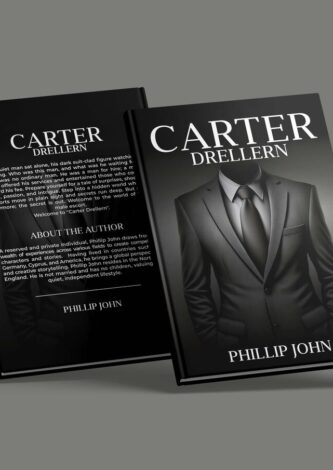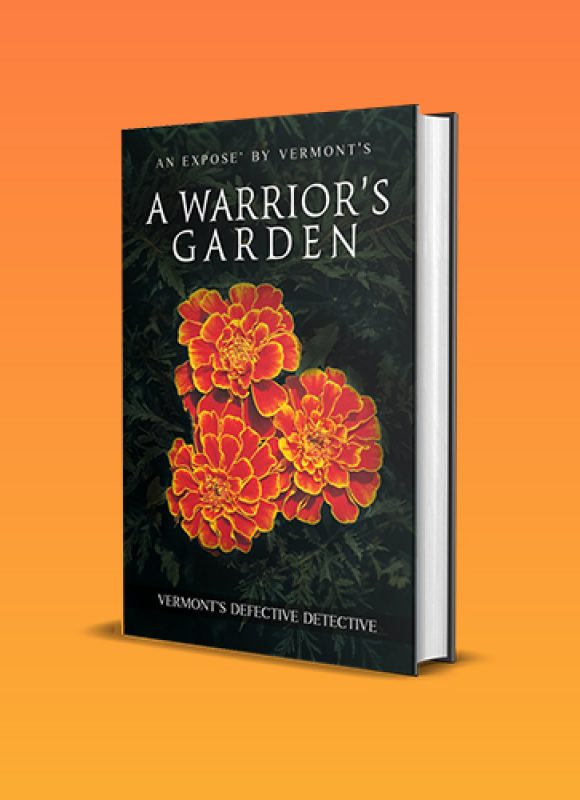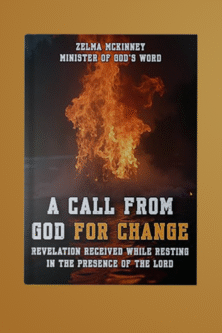
Ava Elizabeth
- Press Release - November 25, 2025
FEATURE ARTICLE FOR PAPER MAGAZINE BY PARKER PUBLISHERS
The Kingdom Leader in You: A Call to Lead with Purpose, Courage, and Eternity in View Leadership today is noisier than ever. Everyone has a strategy to follow, a ladder to climb, and a system to copy. Yet very few voices slow us down long enough to ask the question that truly
TAGS:


4 mins

Kevin Bennett
- Press Release - May 5, 2025
Minister Zelma McKinney Extends Global
ORLANDO, FL, UNITED STATES, April 15, 2025 -- Minister Zelma McKinney, the visionary founder of Dissect My Soul Ministries, established in 1988,
3 mins

Kevin Bennett
- Press Release - November 29, 2024
Discover a Journey of Transformation
[ Whitby, Ellesmere, UK, 11/29/2024 ] – The upcoming release of Phillip John’s Carter Drellern is already generating quiet anticipation among readers
4 mins

Kevin Bennett
- Press Release - May 2, 2025
PRESS RELEASE – PRE-LAUNCH ANNOUNCEMENT
Private Investigator Paul Charles Duprat Exposes an Alarming Pattern of Political Protection for Killers in Upcoming Book, Paul’s Law FOR IMMEDIATE RELEASEContact:

Ethan Alexander
- Press Release - June 14, 2024
Introducing Tall Tales In Short Form By Six Foot Six Inches:
Lake Worth, Florida, 06/14/2024– Michael Donahue takes great pleasure in announcing the highly anticipated release of his memoir, Tall Tales In Short Form By Six Foot Six Inches. This engaging and thought-provoking guide
TAGS:

Ava Elizabeth
- Press Release - November 12, 2025
FOR IMMEDIATE RELEASE
William Gilmore Returns with a New Guide for Leaders Who Want to Do the Right Thing and Make it Last [Orlando, Florida] – [11/12/2025] – After years on the front lines of city government, veteran leader and consultant William Gilmore is sharing his hard-earned wisdom in a powerful new book, Competent Leaders Know How to Succeed. This is his second book on leadership, and it arrives as a timely blueprint
TAGS:

Press Release - May 2, 2025
PRESS RELEASE – PRE-LAUNCH ANNOUNCEMENT
Private Investigator Paul Charles Duprat Exposes an Alarming Pattern of Political
Press Release - April 11, 2025
Benjamin Casad’s Debut Book Challenges the
FOR IMMEDIATE RELEASEContact: Parker PublishersEmail: [email protected]: 11 April 2025 Benjamin Casad
Press Release - December 14, 2024
A Story of Family, Fate, and
David M. Gullstrand’s The Christmas Quilt Weaves a Heartfelt Tale of
Kevin Bennett
- Press Release - August 26, 2025
Impossible Things by L. Renae Spann
PRESS RELEASEFOR IMMEDIATE RELEASEContact: Parker PublishersEmail:Date: August 2025Title: Impossible ThingsAuthor: L.
TAGS:

Kevin Bennett
- Press Release - May 5, 2025
Minister Zelma McKinney Extends Global Reach
ORLANDO, FL, UNITED STATES, April 15, 2025 -- Minister Zelma McKinney,
TAGS:







